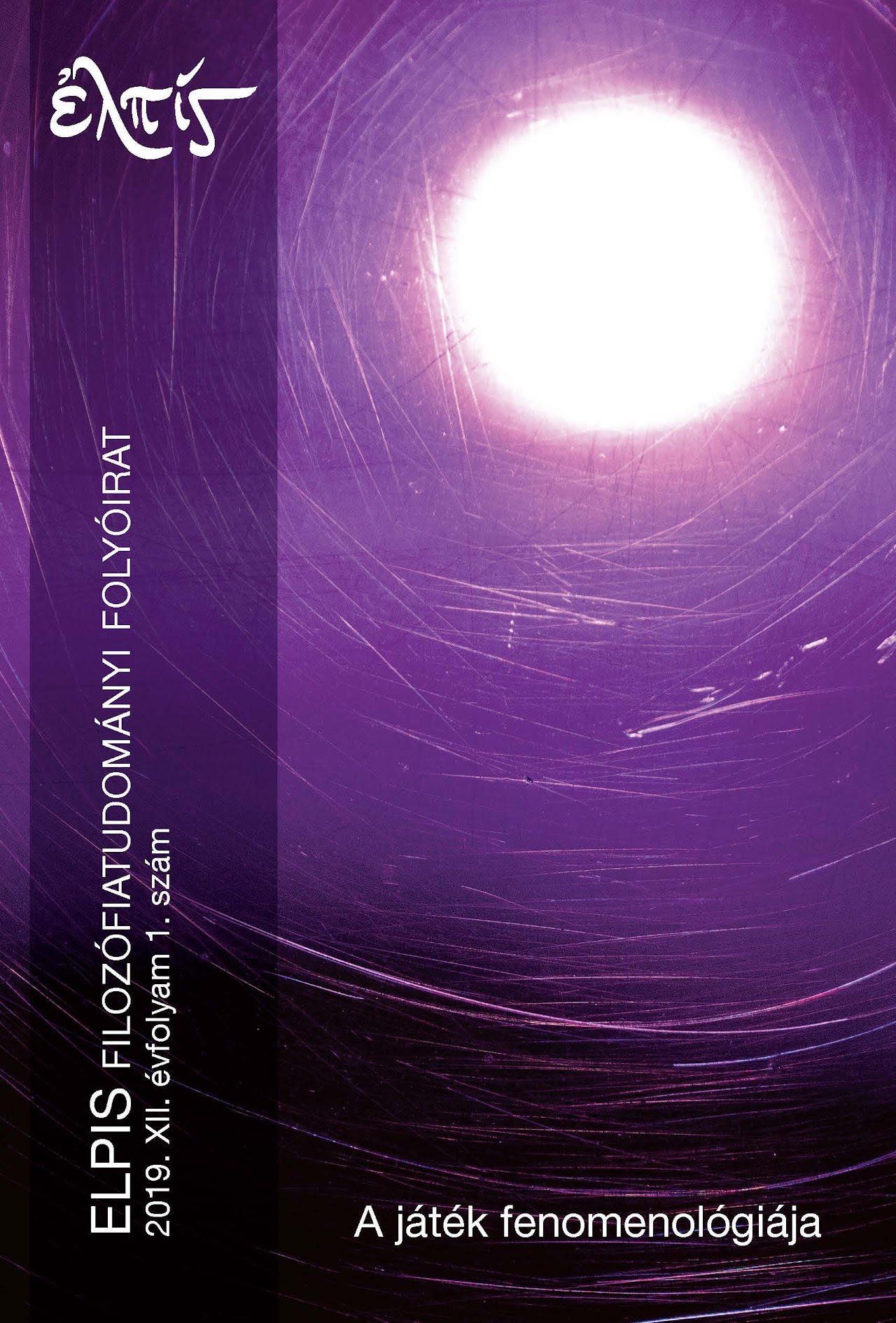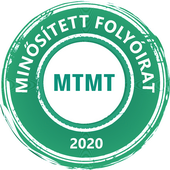Philosophy and Puppetry
DOI:
https://doi.org/10.54310/Elpis.2019.1.4Keywords:
Puppet, Puppetry, Rilke, Kleist, Deleuze, AgambenAbstract
Puppets and puppetry have been fascinated by some of the most significant thinkers of the previous centuries. This essay revolves around the question why and in which way does puppetry invite us to rethink some major paradigms of modern philosophical thinking. Even for Rilke, the experience of contemplating puppets seems to go beyond something that could have been described by the positions of “subject” and “object”: the puppet cannot be dominated, it cannot be standardized by human knowledge. This can be linked to Benjamin’s and Agamben’s criticism towards human language, to their attempt of giving voice to a pre-lingual significativity, a worldly presence of human existence that comes before any separation between the subject and the object of an experience. For de Man and Deleuze puppetry, as a permanent and unlimited play of significations, serves as a model for philosophy as well: it redefines the very technique of philosophical writing.




